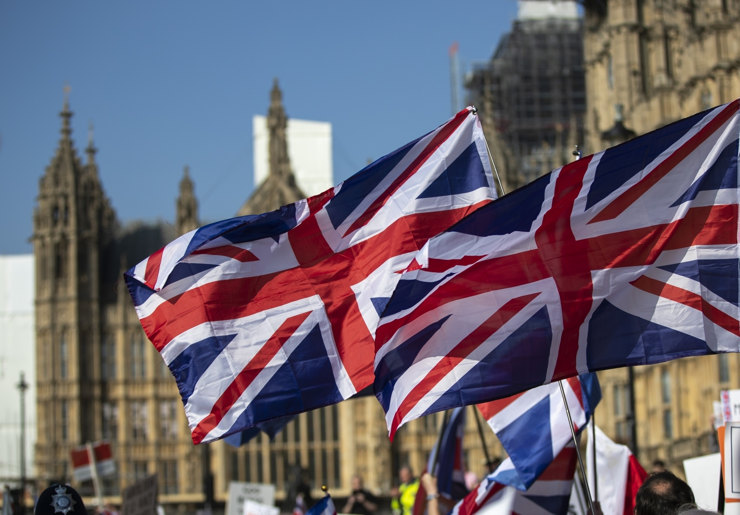A report by the UK House of Commons foreign affairs committee has said that countries like China are trying to manipulate, undermine, or even break up multilateral organizations, such as the International Criminal Court, the World Health Organization and Interpol. The report also blamed "disengagement" by the Donald Trump administration that gave space to China to wriggle itself in.
The foreign affairs committee of the British lower house comprising 11 MPs warned that there is a risk that the democratic countries will lose multilateral organizations to authoritarian States. It has urged the UK and its allies to respond to the subversive influence of such countries and names China and Russia as the saboteurs, being supported by "enabling States".
Speaking with India Narrative, Prof. Gulshan Sachdeva, Professor, Centre for European Studies, School of International Studies, JNU, said: “China has risen economically and holds diplomatic clout. Earlier it was not that influential and Europe and the US dominated the global institutions of governance. The change in the institutions also reflects a change in global realities”.
Read More: After massive airspace intrusion, China threatens Taiwan and the democratic world
Sachdeva adds that the rise of China has happened along with the decline of the West. “China’s influence has increased among the developing nations which is causing unease in the West. There are worries that China is going to push its own agenda. The worries also exist because of the way China has been behaving recently”.
The committee studied six global organisations—the World Trade Organisation (WTO), Interpol, the United Nations Office for the High Commissioner for Human Rights and the United Nations Human Rights Council, the ICC and the Organisation for Security and Cooperation in Europe, and found these at risk due to manipulation by China.
The Times of India quoted the foreign affairs committee chairperson, Tom Tugendhat, as saying: "Dictatorships are taking over the institutions built out of the wreckage of the Second World War to defend democracy".
The British parliamentary committee says: "China poses one of the biggest threats to the understanding of individual rights upon which the modern international system is based, yet we recognise that engagement with China through multilateral forums is important for progress on many issues of international concern, including the environment and global health".
Read More: Is France under Macron returning to its "third pole" roots?
On the other hand, Sachdeva highlights the fact that the West too has not been straightforward. He says: “The world has been asking for reforms in the global institutions for a long time. Even India has been asking for reforms for the past many decades. Till now the West had its way because the US and European countries had a good understanding and got along well. They dominated the World Bank and the International Monetary Fund. If you look at the communique from the BRICS countries, they all wanted reforms in the international agencies”.
Highlighting the modus operandi of the communist country, the committee says that China has been using aggressive methods including bilateral economic leverage to force other nations to support it in global international organisations. China then, "uses the organisations to shift policies away from the cooperation the organisations were created to promote". One of the instruments to coerce nations to support its policies were the investments through the Belt and Road Initiative that bind countries to China.
In the wake of these developments, the report recommended that the UK should work with a coalition of like-minded nations to publicly call out such attempts undermining the present system. "If the UK and its allies do not respond to the corrosive influence of states, including China and Russia and other enabling states, there is a very real risk that democratic states will lose multilateral organizations to authoritarian states who have done little to demonstrate that they wish to uphold the values these organizations represent."




















